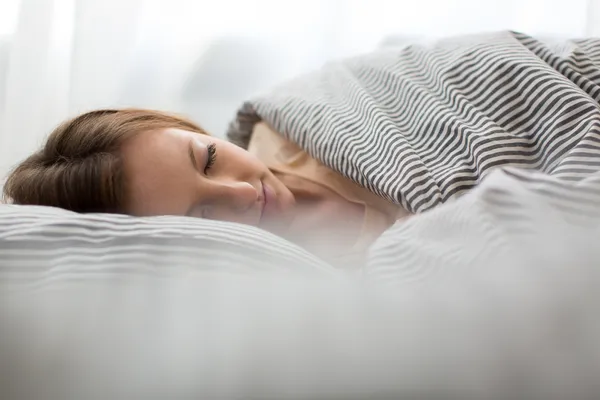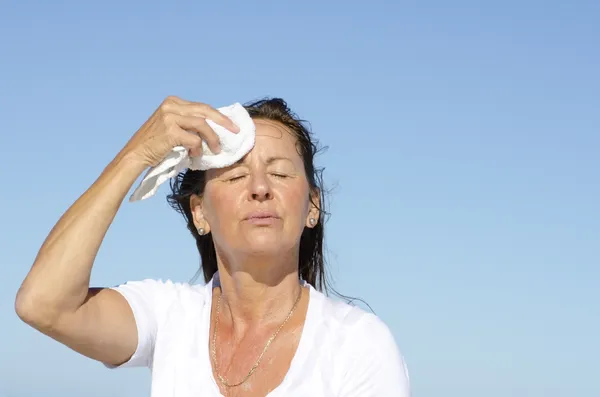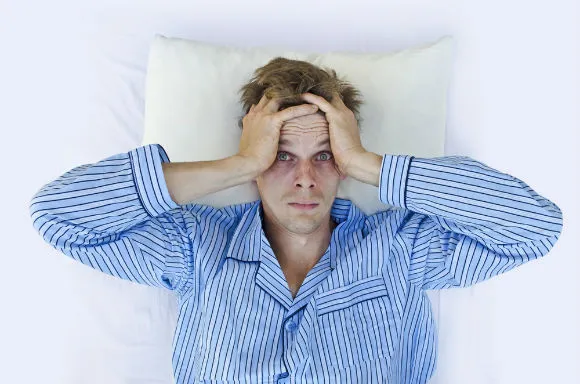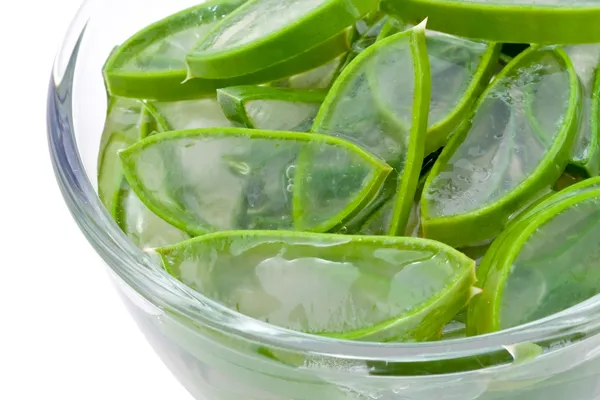Do you often wake up during the night drenched in sweat, while your partner next to you seems to be dozing away without a bead of sweat on their brow? This could be the difference between being a hot and cold sleeper.
While the term “hot sleeper” might be difficult to find in a medical manual, there is definitely a lot of buzz attached to the term right now, and ways to alleviate overheating during the night (usually with breathable sheets). Let’s take a closer look at six factors that could be causing you to run hot or cold during the night…
1. Women Often Feel Colder at Night
An article from ApartmentTherapy.com comparing men and women in the context of how they perceive temperature during sleep hours notes that while women may be in the exact same room climate, they perceive being colder.
“Women actually do feel the cold more than their male counterparts because females are better at conserving heat than men,” notes the article. It also explains that the layer of fat in women is more “even distributed” than men’s, therefore pulling blood back towards their organs leaving less for their extremities (resulting in cold toes, for example).
2. Menopause Can Be The Cause
We just finished telling you that women often feel cooler in the same room as men while sleeping, but there’s one major factor women may experience that most men never will: menopause (although there is an acknowledged male version of menopause).
The Menopause Goddess Blog touts some products for menopausal women to stay cool at night, noting the founder of the line came up with a solution for mulberry silk comforters when she turned 50 and started operating at a higher temperature.
3. You Might Be Tricked by Decor
According to SlumberCloud.com, the colors in your bedroom might be tricking your brain into thinking it’s warmer than it actually is. “Warm colors make you feel warmer, so change your decor,” it suggests.
What’s a warm color? Think reds, dark oranges, and in some cases even green or yellow. Try switching to lighter shades of green, blues, browns and gold to create a feeling of coolness in the room.
4. Hot Sleepers are Often Insomniacs
An article posted on Mercola explains that having a warmer core temperature before hitting the sack can lead to insomnia, or the inability to fall asleep or stay asleep. The article cites research that a “cool head” – more specifically a cool brain – can help promote sleep.
The source explains a research team from the University of Pittsburgh School of Medicine determined that wearing a cap filled with cool circulating water helped insomniacs significantly. The cooling effect can also help your mind from racing, another popular reported cause of sleeplessness, it adds. If your partner doesn’t object, try lowering the temperature to around 70-F or lower in the bedroom for sleep (or make your own cool circulating cap).
5. Aloe Can Help
SlumberCloud notes that people who use traditional body moisturizers at bedtime might be contributing to their hot sleep, and that they should replace them with a “cooling aloe vera product”. This lowers your overall skin temperature, it adds.
An article from Health.com suggests buying a special pillow that contains aloe vera to keep a cool head overnight. It also has a list of other pillow products, such as ventilated gel memory foam models, that could be the answer to your hot sleep problems.
6. What You Eat Before Bed Makes a Difference
It’s not always bad to eat before bed, as long as you’re avoiding foods that could be increasing your body temperature and contributing to your hot sleeper problems. Sweatblock.com lists a number of foods that can literally make you sweat, which is not going to help you get quality sleep.
These foods include processed and fatty foods (fast food, processed junk food, white bread), caffeinated drinks (it should probably go without saying coffee will not help you sleep), excess sodium, spicy foods (although these can also make you cool down during hot days from sweat evaporation), alcoholic beverages, onions, garlic, and even ice cream (due to the fat content), according to the source.









